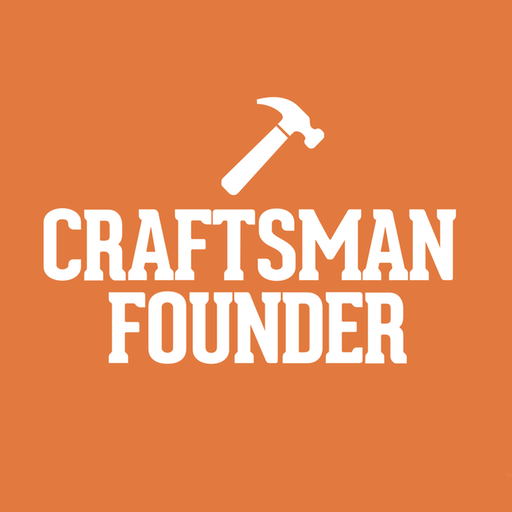Podcast 10: Building Enterprise Software Companies from a Venture Capitalist
Frank Artale is a managing partner at Ignition, a boutique early-stage venture capital firm investing in enterprise software. He joined the firm in 2011.
Before that, Frank was the GM of Windows NT, working alongside the now CEO of Microsoft, Satya Nadella. He founded Consera which was sold to HP. Then he worked for Accel Partners, one of the larger VCs. From Accel, he decided to join XenSource which was acquired by Citrix in October 2007 after raising $38 Million from Accel and others.
Show Notes
- What separates great entrepreneurs from the pack? First time entrepreneurs are all about energy and raw talent, and a big brain. I like to see entrepreneurs with some mistakes that they learned from.
- What do you look for in an entrepreneur? Being a good listener. If you can’t be a good listener with an investor, can you imagine how bad of a listener the person will be with a customer? We love opinions, but listening is super important. We also want entrepreneurs to understand their own weaknesses. The final thing is being a domain expert.
- How does a first time entrepreneur raise money? Team up with one or two people who have been involved with startups before so you can draw from people.
- What mistakes do entrepreneurs make? They think that VCs will provide the all the expertise the entrepreneur needs, but we can’t be there all the time. We don’t work at the company, we are just advisors.
- What’s the biggest misconception that founders have about investors? Investors are not evil. Investors are not just money. We do work as advisors, especially early stage investors.
- What should an entrepreneur know about VCs? A single investment should be able to return our entire fund. Let’s say we own 20% of a company and our fund is $150M, we need to have conviction that the company could be worth over $750M some day. That can’t happen in a short amount of time. That can take 7-10 years.
- What do you wish that more entrepreneurs knew? I wish more founders knew more mistakes and learned from them. Think about things that didn’t work and make that part of your memory on a day to day basis. Remember your mistakes. And celebrate your successes. And finally give more credit. There is far too much “I”. I love it when people give credit to others which make great teams.
- How do you pick a team? The best teams are together for a reason. They have a history. They have gone through tough times together. Forcing a team together is generally not successful. A mediocre team almost never produces a great product.
- Why did you become a VC? I love working with a portfolio of companies and stay involved as an advisor. Watching people grow during the process is really rewarding to me. If a few people have a life changing positive event at the exit of a company, it makes me feel really good.
- How many investments do you make in a year? Investment pace is dictated by the fund size. Any single investor can handle about $50M worth of investment over 10-15 investments. For me this means 2-3 investments a year of $3-5M in each investment.
- What’s your investment thesis? Does this startup make a class of product that most businesses will need one of. And the businesses I mean have at least 1,000 employees. We think about what will those businesses need one of 10-15 years from now. A lot of entrepreneurs don’t think that way?
- What makes a great enterprise software entrepreneur? It is great if the founder worked at a big company for long enough to have access to enterprise customers willing to fork over money to pay for something. Understanding how businesses buy software is important. You can’t stay there too long though because you end up becoming a big company person.
- What’s a misconception about building an enterprise software company? Enterprise software sales is not just about the product. It is because the buying company deeply understands the system and also provides high-touch, in-person advice around implementation, how to use it and things like that. B2C doesn’t include high-touch trusted advice. B2B takes sales people on the ground and long-term relationships. The customer wants to believe that you are smarter than they are about what they are buying.
- What do founders get wrong when picking startup ideas? Being a victim of a false signal and being a “me too” kind of company thinking they can get a quick exit. Also understand you are not building a product for yourself. Finally, not understanding the total market size. Just because there is a lot of press doesn’t mean that there are people who will pay money?
- What excites you about startups? Every day is different. The excitement about being part of the success and helping to manage the low are the things that excite me. The other thing is that I get to be around the smartest people I ever meet.
Quick Links
About the Author
Lucas Carlson
Lucas Carlson is a hands-on consultant, author and entrepreneur. He helps founders discover opportunities for growth, both for their companies and for themselves. He was the CEO and founder of AppFog, a popular startup acquired in 2013 after signing up over 100,000 developers and raising nearly $10M in venture funding from top angels and VCs.
